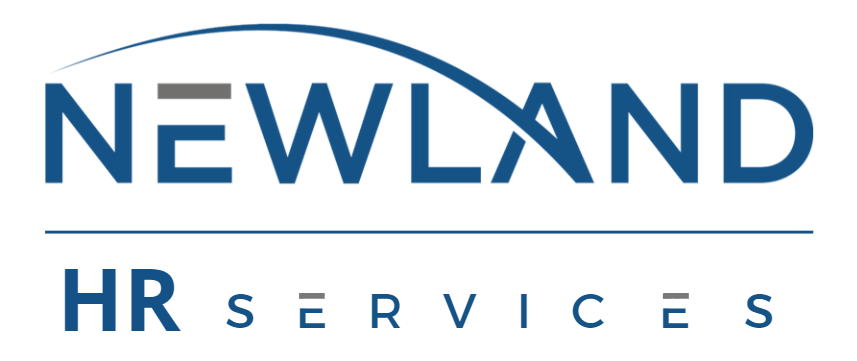Organizations are constantly on the lookout for strategies to attract and hire top talent quickly and effectively. Artificial Intelligence (AI) can offer speed and efficiency—especially when it comes to sifting through large volumes of resumes—freeing human recruiters to focus on more nuanced aspects of the hiring process. However, AI cannot replace the importance of human interaction and intuition, particularly in assessing soft skills and cultural fit. Here are four ways to strike the right balance between AI and human judgment in recruitment.
Use AI for Initial Resume Screening
What AI Can Do Well
-
- Rapidly parse resumes and job applications.
- Identify relevant keywords and qualifications.
- Rank candidates based on specific criteria (e.g., years of experience, educational background, industry expertise).
How Humans Add Value
-
- Setting the right parameters for what the AI should look for.
- Verifying that the AI’s selections align with the actual requirements of the role (beyond basic keywords).
- Correcting potential biases, such as overemphasis on certain schools or companies.
Key Takeaway
Allow AI to handle the initial sorting and ranking to save precious time. Then, let human recruiters review the short-list to ensure qualified candidates with non-traditional backgrounds or unique skill sets aren’t overlooked.
Leverage People Power for Soft Skills & Cultural Fit
Why Human Oversight Matters
-
- Cultural fit involves understanding shared values, communication styles, and team dynamics—factors that are challenging to quantify through data alone.
- Soft skills such as empathy, leadership potential, and adaptability often surface through conversational cues, storytelling, and non-verbal communication during interviews.
- A candidate’s ability to handle conflict or collaborate effectively is best assessed by experienced recruiters or team members who can probe deeper with follow-up questions.
How AI Can Support Here
-
- Provide structured frameworks for interview questions and candidate evaluations.
- Record and analyze interviews for keyword patterns or sentiment analysis to support (but never replace) human observations.
Key Takeaway
AI can offer useful data points and insights, but a holistic evaluation of traits like emotional intelligence should remain firmly in the hands of human recruiters.
Combine AI-Driven Analytics with Structured Interviews
Data Meets Intuition
-
- AI tools can uncover hidden patterns by analyzing large sets of data on candidates’ past performance, work samples, or online presence.
- A structured interview approach, bolstered by AI-generated questions, helps ensure consistency and fairness in how every candidate is evaluated.
- Together, these methods produce a comprehensive view of a candidate’s strengths and weaknesses, backed by both quantitative data and qualitative assessment.
Why It Works
-
- Structured interviews eliminate the guesswork and reduce bias by using the same set of queries for all applicants.
- AI analytics surfaces objective metrics while recruiters and hiring managers maintain control over interpreting these results.
Key Takeaway
When human expertise and data-driven insights intersect, you get a more accurate depiction of a candidate’s potential—leading to better, fairer hiring decisions.
Maintain Transparency and Ethical Oversight
Ensuring Fairness
-
- AI algorithms can inadvertently perpetuate biases, especially if they’re trained on data that reflects historical inequalities.
- Human recruiters must regularly review AI-driven processes to detect and address any patterns that seem to favor or disadvantage particular groups.
- Clear communication with candidates about how AI tools are used throughout the hiring process fosters trust and upholds your organization’s reputation.
Proactive Steps
-
- Periodically audit AI systems for bias and accuracy.
- Provide ongoing training for recruitment teams on ethical AI use.
- Be transparent with applicants about when and how AI tools are employed.
Key Takeaway
A fair, ethical hiring process hinges on active human engagement to set guidelines for AI, monitor outcomes, and maintain candidate trust.
Final Thoughts
Recruitment is at its most powerful when AI and human intuition complement each other. By using AI-driven tools for efficiency and scale, then applying human judgment to evaluate complex areas like cultural fit and personal attributes, organizations can streamline hiring while preserving quality and fairness. Implement these four strategies to ensure your recruitment process is both data-informed and deeply human, setting the stage for meaningful, long-term hires.
For over 30 years, we have worked with organizations worldwide on their most important executive recruitment, talent management, and consulting needs. We want to hear from you. Please complete the form and let us know how we can help!


